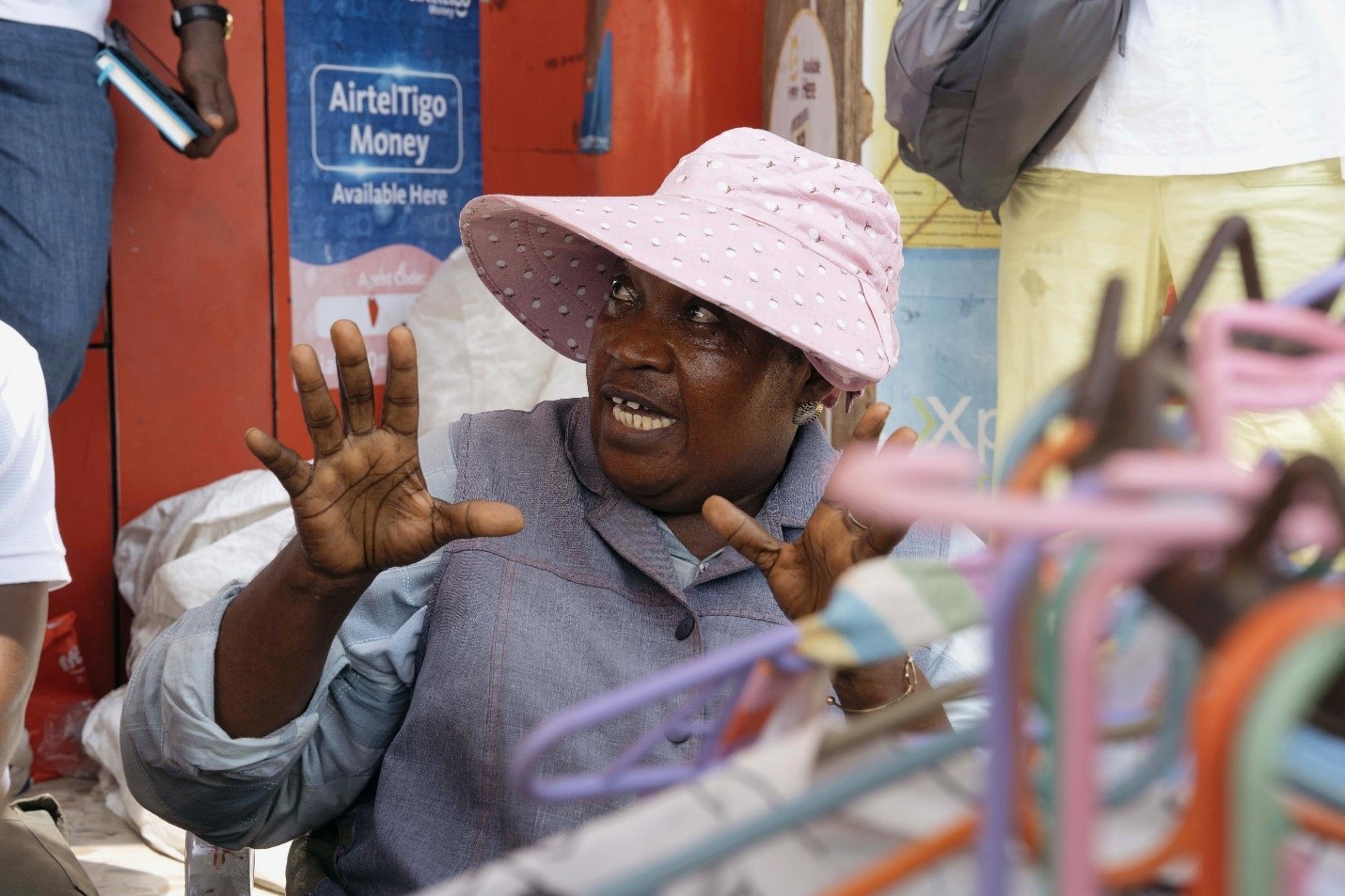Ghana’s digital transformation is accelerating rapidly, driven by innovations in fintech, mobile money services, e-government platforms, and broadband expansion.
As more sectors shift operations online, the country’s dependency on digital infrastructure grows, alongside its exposure to cyber threats. Ransomware, phishing, data breaches, and supply chain attacks have become more frequent and complex.
According to IBM’s 2023 Cost of a Data Breach Report, the average cost of a cyber breach in Africa now exceeds USD 3.9 million. These trends underscore the urgent need for a cohesive and sustained national cybersecurity strategy.
Cybersecurity experts like Eric Akwei have played a crucial role in this transformation, advising both public and private institutions on layered defense strategies, including the deployment of threat intelligence systems, employee cyber hygiene programs, and incident response planning. His collaborations with industry players reflect a commitment to practical, scalable cybersecurity reform in Ghana.
Securing National Infrastructure
Ghana’s national infrastructure, including energy grids, transport systems, banking networks, and water utilities, now relies heavily on digital technologies. A breach in any of these sectors could cause cascading disruptions, impacting hospitals, public services, and economic operations. For example, DDoS attacks on Ghanaian telecom providers in recent years temporarily paralyzed mobile and internet services.
In response, engineers like Eric Akwei have contributed to national infrastructure defense by implementing automated anomaly detection systems and early-warning filters. According to recent data from the Ghana Chamber of Telecommunications, collaborative defensive measures helped reduce downtime from large-scale cyberattacks by nearly 50% between 2021 and 2023.
Such proactive infrastructure protection is further supported by the work of Dr. Albert Antwi-Boasiako, whose leadership at the CSA has established mandatory cybersecurity compliance frameworks for critical sectors.
Incident Response and Cyber Forensics
Incident preparedness is a cornerstone of cyber resilience. Ghana has begun enforcing legal frameworks that require swift breach reporting and mandates for public institutions to implement formal cybersecurity policies. Yet, gaps remain, particularly in forensic readiness and recovery planning across sectors.
Eric Akwei has supported some business start-ups in developing incident playbooks that combine digital forensics, cloud security principles, and real-time simulation exercises. In parallel, academic leaders like Prof. Kester Quist-Aphetsi, Chair of the National Cyber Intelligence and Defense Research Project, have worked to integrate AI into automated forensic tools, allowing for faster breach analysis and response.
These efforts align with global practices, including national cyber drills conducted by Israel’s CERT and Singapore’s CSA, which Ghana now seeks to emulate.
Threat Intelligence and Regional Cooperation
Cybersecurity threats transcend national borders, making real-time intelligence sharing a strategic imperative. Ghana’s National Cyber Security Centre (NCSC) has taken steps to join regional alliances under the ECOWAS and African Union cybersecurity frameworks. In 2024, Ghana became a member of the ECOWAS Cyber Threat Intelligence Sharing Network, a move championed by experts like Dr. Antwi-Boasiako, who has represented Ghana at multiple cybersecurity forums across West Africa.
Academic contributors such as Dr. Benjamin Yankson, a Ghanaian professor at SUNY Albany, have organized workshops in Ghana to promote open-source threat intelligence platforms. Meanwhile, Dr. Jamal Tonzua, Deputy Director-General of the CSA, continues to align Ghana’s cyber laws with international standards to support secure cross-border information exchange.
Ghana’s Cybersecurity Education and Innovation
A robust cybersecurity future requires leadership that bridges policy, academia, and innovation. Prof. Winfred Yaokumah of the University of Ghana has been instrumental in curriculum reform, helping embed cybersecurity ethics and digital compliance into higher education. Similarly, Prof. Nii Narku Quaynor, often credited with pioneering internet infrastructure across Africa, laid the groundwork for today’s cybersecurity frameworks through early development of internet protocols and standards in Ghana.
Innovators like Frank Mensah have contributed AI-powered solutions for healthcare and fintech, ensuring resilience in high-risk sectors. These efforts are complemented by Eric Akwei’s grassroots initiative, SecureBytes, a monthly cybersecurity education series that has trained over 500 SMEs and government staff in defensive strategies and cyber awareness in the past year.
Looking Ahead
Cyber resilience in Ghana is an evolving journey, one that requires continuous investment in technology, human capacity, and cross-sector partnerships. National priorities must now include the expansion of cyber forensics capabilities, the adoption of Zero Trust architecture, and the creation of enforceable standards for IoT and cloud security.
The collective efforts of professionals like Eric Akwei, Prof. Quist-Aphetsi, Dr. Antwi-Boasiako, Dr. Yankson, Prof. Yaokumah, Dr. Tonzua, Frank Mensah, and Prof. Quaynor offer Ghana a powerful knowledge base from which to lead. Their contributions in shaping policy, strengthening institutions, and educating the next generation are pivotal to protecting Ghana’s digital economy.
With strategic leadership and strong execution, Ghana can build a cyber-resilient nation—one that protects its critical systems, empowers its citizens, and ensures sustainable digital development for decades to come.
Writers:
Eric Akwei (IT & Cybersecurity Professional)
Stephen H. Polley (IT/BSS Operations Lead – Telecel Ghana)
Simeon Asenso (IN/BSS Solutions Architect – Ericsson)




